Back
Backpack
Solana
By HackQuest
Apr 19,20245 min readWelcome to the world of Web3, where cryptocurrencies, blockchain, and a unique culture converge. Entering the world of Web3 can be both thrilling and overwhelming, especially when faced with the seemingly cryptic language used by enthusiasts. Don't worry if you feel they sound like some secret codes, we are here to unravel their meaning. In this article, we are going to introduce [Backpack].
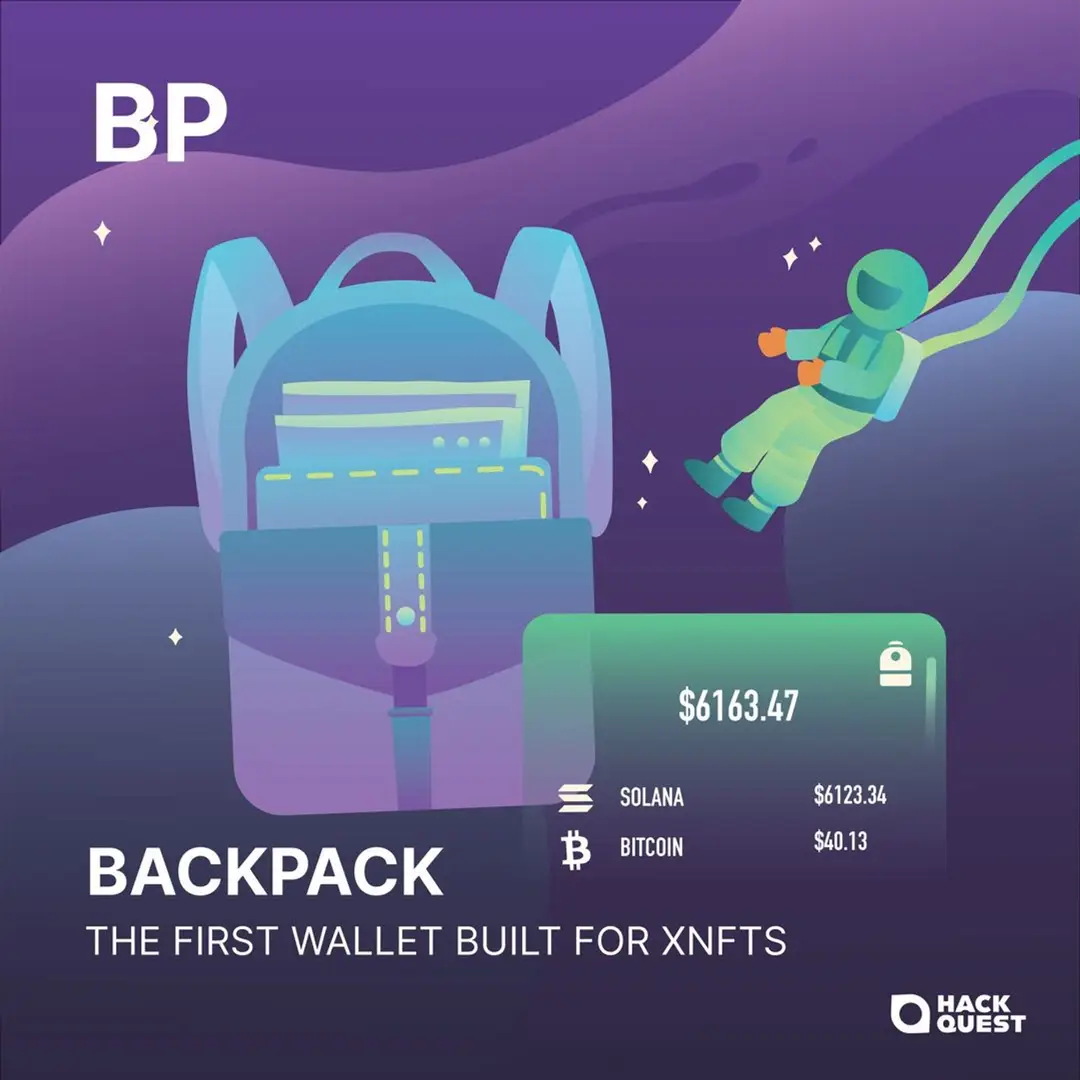
What is Backpack?
Backpack in the Web3 context is not about the physical item you carry on your shoulders; instead, it’s a Solana-based NFT wallet app that provides users a smooth way to manage assets and NFTs within the Galxe web3 community. This innovative platform tailored for Solana enthusiasts is a comprehensive web3 application that operates as a noncustodial wallet. It enables users to purchase, store, sell, and exchange cryptocurrencies, along with engaging with xNFTs, a widely recognized NFT standard that tokenizes applications.
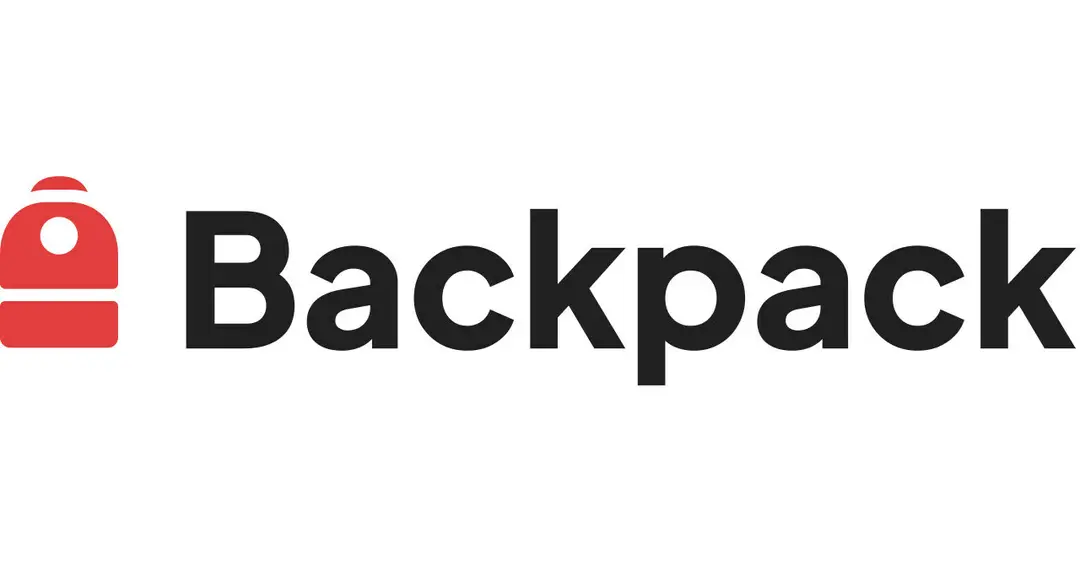
💡
Key Features of Backpack
1.Web3 Exchange: Backpack features an easy-to-use interface that facilitates effortless acquisition of Solana-based tokens. Suitable for both experienced users and newcomers to the cryptocurrency realm, Backpack offers a fluid and user-friendly experience for purchasing, selling, and exchanging assets within the Solana ecosystem.
2.Crypto Wallet: In the critical area of security, Backpack takes the safety of users' funds seriously. It employs stringent encryption methods and secure storage options, ensuring that users can confidently rely on Backpack to protect their digital assets while they retain complete control over their private keys.
3.Solana Tasks: Backpack extends beyond the capabilities of ordinary trading platforms by introducing unique functionalities like Solana Tasks. This innovative feature enables users to automate various operations within the Solana ecosystem, which helps streamline activities and saves time for active traders and crypto enthusiasts.
4.xNFT Support: xNFTs have rapidly grown into a significant trend within the domains of digital art, collectibles, and gaming. Backpack allows users to smoothly engage with xNFTs on the Galxe platform, making it easy to explore and trade distinctive digital assets effortlessly.
Backpack’s Backend
Behind the scenes, Backpack utilizes technology similar to blockchains—the decentralized ledgers that record cryptocurrency transactions—to meticulously chronicle its own operational history "from the very start." Essentially, this acts as a safeguard against any manipulation of financial records. This level of transparency and accountability has become increasingly crucial for crypto exchanges, especially in the wake of incidents like FTX’s collapse, where customer deposits vanished under dubious circumstances.
Built-in community
Before securing venture capital, Backpack operated on a tight budget of $1.4 million, funds raised from the sale of the Mad Lads NFT last April, which has since risen to become Solana’s premier digital collectible. The event did more than just raise capital; it also boosted the popularity of Backpack’s namesake wallet app, capable of accessing advanced NFTs, known as xNFTs, which can execute code internally.
Additionally, the Mad Lads minting event provided Backpack with an immediate base of on-chain traders and collectors. These users have been instrumental in driving sometimes billions of dollars in daily trading volumes on Backpack's exchange, despite its relative initial stage.
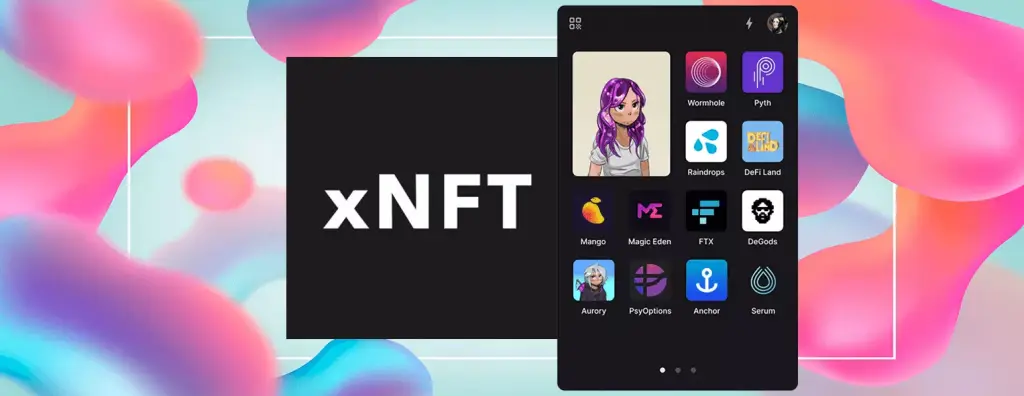
The Future of Galxe and Backpack
In summary, Backpack signifies a progressive step forward in web3 exchanges and cryptocurrency wallets, providing an extensive array of features designed specifically for Solana enthusiasts. Whether you are an avid NFT collector or just starting to explore the capabilities of blockchain technology, Galxe welcomes you to join the Backpack community and dive into the dynamic world of decentralized finance (DeFi) and digital assets
In the News
Solana-based Backpack Exchange Hit a Daily Trading Volume of $1 billion Just Five Days After Launching Its Pre-season.
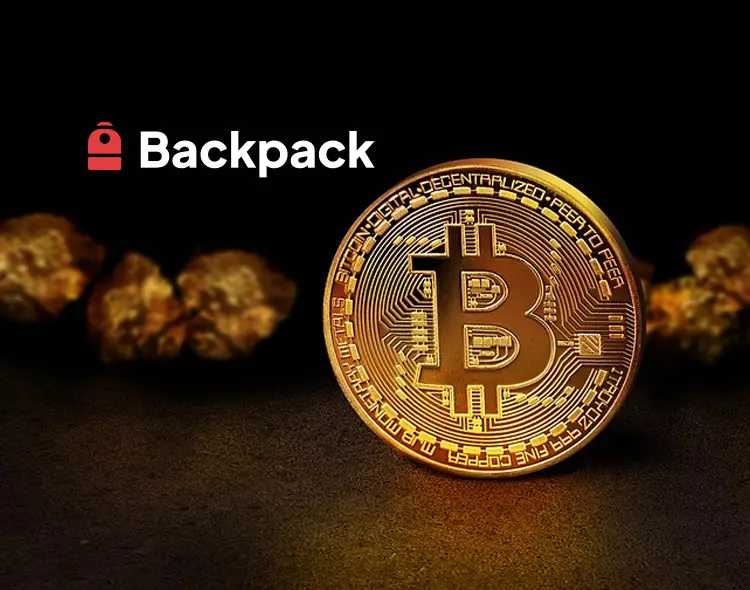
The Solana-based Backpack crypto exchange has quickly gained traction with its pre-season beta launch, achieving $1 billion in trading volume on February 18, as reported in the exchange's official X post. The exchange kicked off its pre-season beta on February 13, with user trading volumes being utilized to establish their "rank" within the platform.
On February 18, Backpack's primary SOL/USDC trading pair alone accounted for more than $800 million in 24-hour trading volume, surpassing the SOL/USDC pairs on major centralized exchanges. This early lead suggests promising potential, though its long-term viability is yet to be determined.
Enhancing its reputation further, in October 2023, Backpack obtained a virtual asset service provider (VASP) license from the Dubai Virtual Assets Regulatory Authority (VARA). Along with additional operational licenses secured in the latter half of 2023, these developments underscore the exchange’s dedication to adhering to regulatory standards and ensuring compliance.
Funding Wrap: Backpack lands $17M in Series A
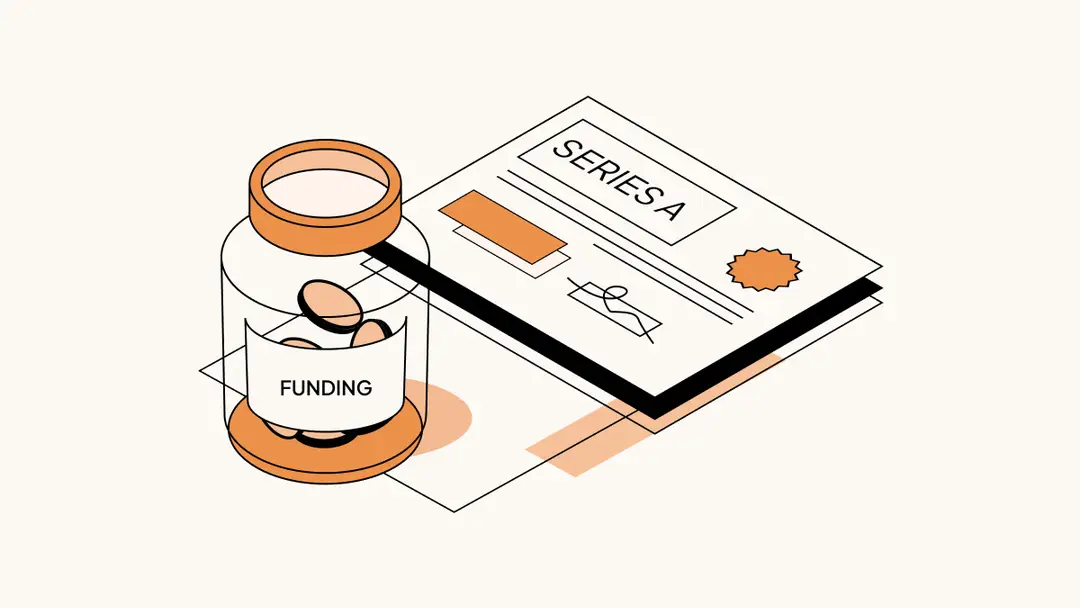
On February 28, Backpack revealed it had secured $17 million in Series A funding, in a round spearheaded by Placeholder VC, setting the startup's valuation at $120 million. Additional investors in this round include Jump Crypto, Delphi Digital, Wintermute, Hashed, Robot Ventures, Selini Capital, Amber Group, and several angel investors.
Back at the end of 2022, Backpack, also known as Coral, successfully raised $20 million in seed funding from FTX Ventures, shortly before the collapse of that exchange. Soon after, the startup discovered that a significant portion of its funds was trapped on FTX’s now-inaccessible platform, which caused immediate financial challenges.
Despite these obstacles, Backpack continued to push forward, launching the Mad Lads project in the following spring. This initiative revitalized the dwindling Solana NFT market and introduced the Backpack wallet, which supports executable NFTs or “xNFTs.” These xNFTs allow creators to integrate content and experiences directly with blockchain tokens. Nearly a year on, Mad Lads has become the most valuable NFT project on Solana.
As Mad Lads Leads the Way, Backpack Is Now Targeting Coinbase
Over the past year, Backpack's ambitions have significantly expanded. In October, the startup secured a Virtual Asset Service Provider license from the Dubai Virtual Assets Regulatory Authority (VARA) for Exchange Services and announced plans to launch a regulated exchange aimed at global expansion.
The exchange has recently gone live in 11 states across the United States. Backpack is also pursuing licensing in Japan. Currently supporting Solana trading, Backpack plans to add support for Ethereum and Bitcoin as well. It aims to avoid the issues that led to the downfall of FTX and tarnished Binance's reputation. Backpack's model is more akin to Coinbase but with a newer perspective.
This announcement of Backpack’s fundraising and its expansion plans coincides with a surge in the cryptocurrency market. Bitcoin and other leading cryptocurrencies have reached multi-year highs, and the approval of spot Bitcoin ETFs in the United States has further boosted demand for cryptocurrencies.
💡
If you would like to learn more about slang in Web3, let’s explore more in our HackQuest Web3 Glossary!